-
Meet the Team
-
Services
-
Patient Resources
Meet the Team
SCHEDULE A VIRTUAL CONSULT
Services
SCHEDULE A VIRTUAL CONSULT
Patient Resources
SCHEDULE A VIRTUAL CONSULT
Menu

At Hardy Smiles, our doctor and team want to make sure that your visit and treatment are successful. In order to help you recover properly, we will provide you with post-op instructions in Louisburg, North Carolina. If you have questions or a concern after your appointment, call us today to schedule a follow-up visit with Dr. James Hardy.
When you complete any procedure at our office, our doctor and team will provide you with instructions on how to care for the treated area properly and about what you can expect to experience post-treatment. Some of these instructions have been provided below. If you have any questions about our post-op instructions, please contact our office.
After you have received a dental crown or bridge, do not eat for at least two hours or until the anesthesia has worn off.
You may have had a temporary crown or bridge placed while your final restoration was being created. This temporary protects your exposed teeth and prevents them from shifting or moving. Avoid chewing on sticky foods such as gum or caramels, as they can dislodge the temporary restoration. You may brush your teeth normally, but make sure to pull the floss through rather than lifting up so as to not dislodge the temporary. If your temporary comes off, you can slip it back on and call our office so that we can re-cement it for you.
You may also experience some sensitivity, especially to hot or cold foods and beverages after your treatment. This is normal. You can take a mild pain reliever, such as Tylenol or Advil, or rinse with warm saltwater (half-teaspoon of salt per 8 ounces water) to relieve this discomfort.
After your final crown has been placed, continue to brush and floss normally. If your bite feels unbalanced, call and make an appointment with our team for an adjustment.
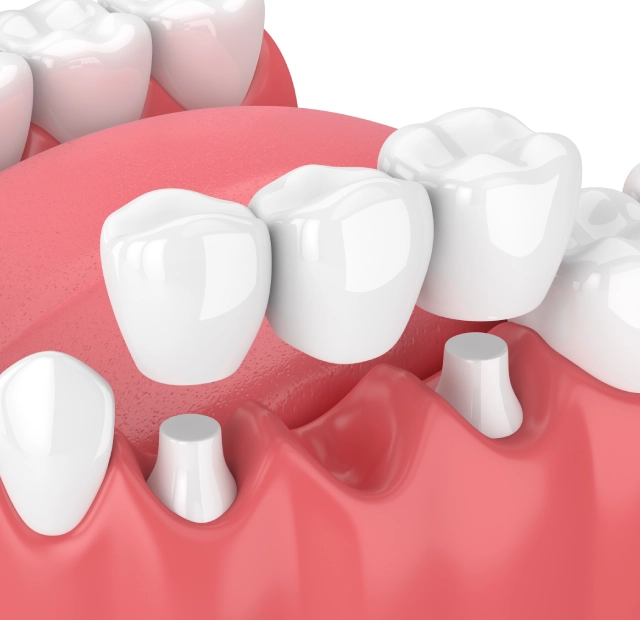
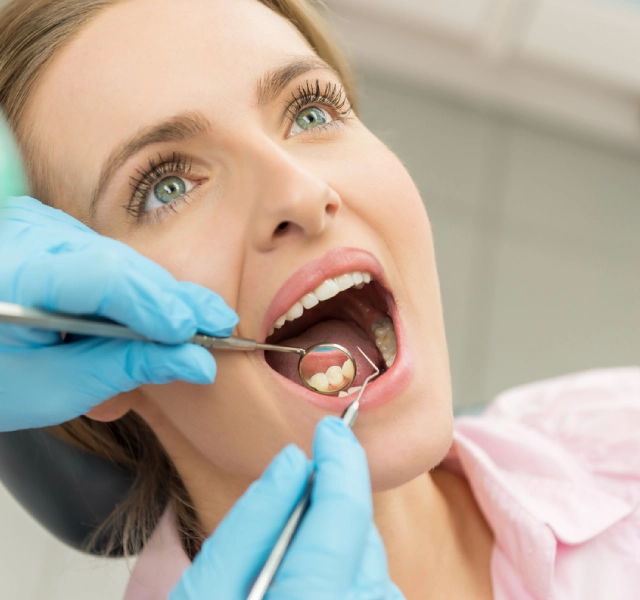



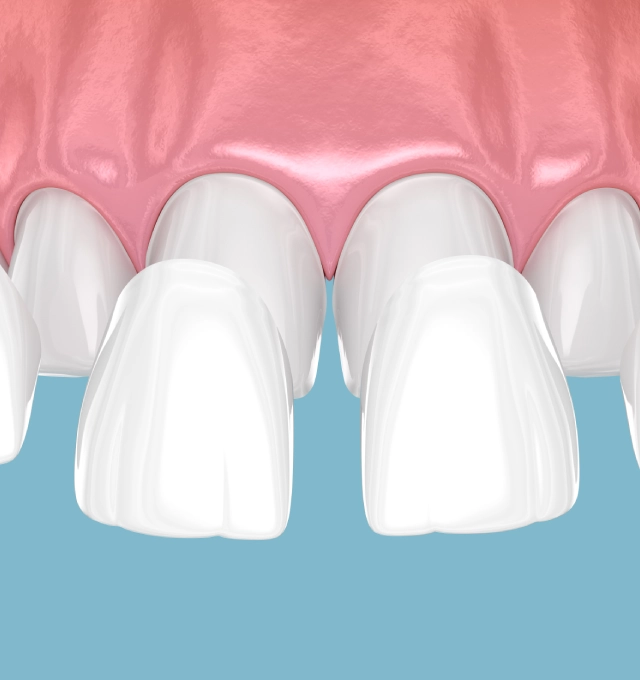
In the first 24 hours after your procedure, you should avoid:
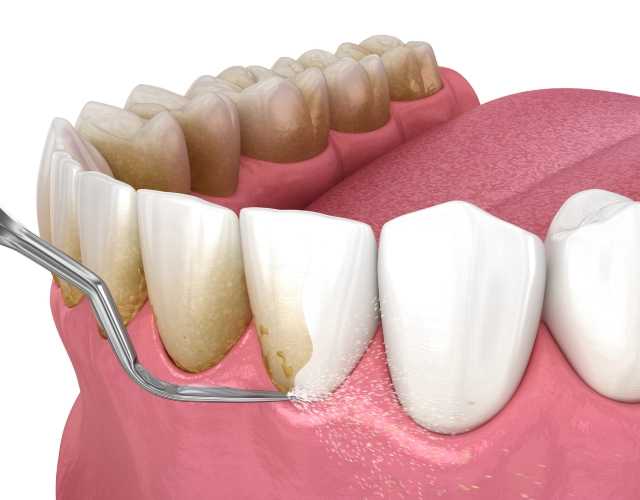
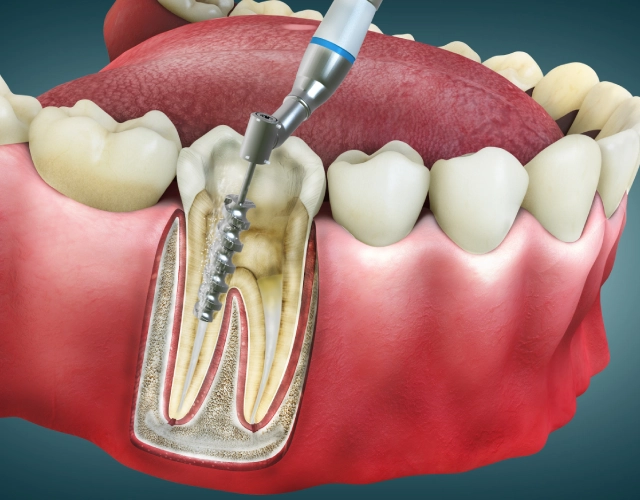
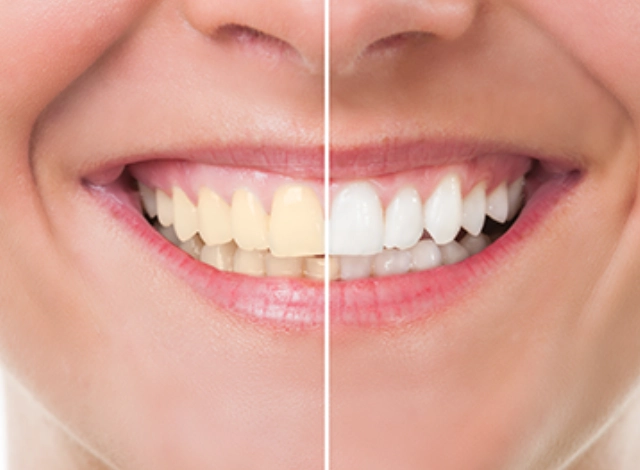

Business Hours
Copyright © 2024 Hardy Smiles | Dental Marketing by WEB MARKETING FOR DENTISTS